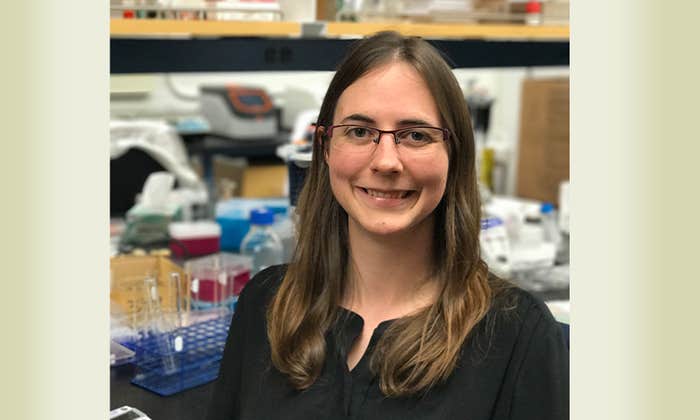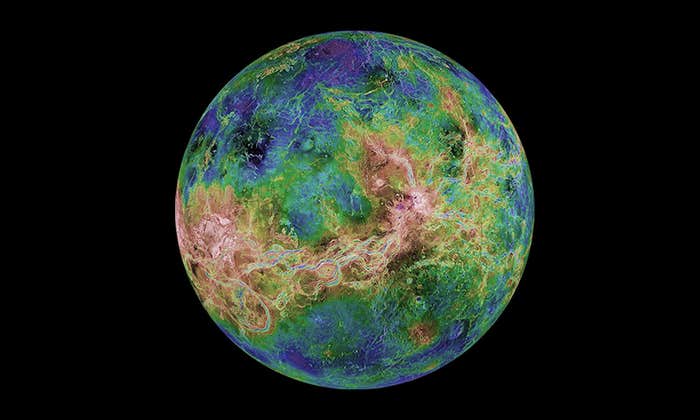
Discovery Illuminates the World
With the emerging tools of AI, machine learning, space telescopes, and so many others, it’s clear that we are just beginning to understand the universe we live in—from the farthest reaches we can find in space, to the smallest quivering particle we now know can be in two places at the same time.
In my lifetime alone, scientists have made enormous strides in the way we treat disease and manage illness, and in the way we see and understand the natural world and the universe. Every time we look more closely at the world around us, we make discoveries. Schmidt Sciences’ programs are peering into the depths of space at higher resolution than ever before, and finding biomaterials to replace fossil-fuel products, and seeking to understand, apply, and ensure the safety of the technologies that are transforming our world.
From sea to space
The ocean is our planet’s last frontier, and the opportunities for discovery at sea are as plentiful as they are in space. These two domains, the Earth and space, understood together, comprise the human environment that we increasingly need to understand and protect. This is our life support system, and throughout, we seek knowledge and breakthroughs wherever they may be.
Our climate team explores how human activity affects our planet, and how the planet strives to maintain balance in all its systems, including within the ocean, by cycling carbon and other essential elements. And our astrophysics and space focus area is advancing technologies based on the ground and in space to seek answers about our universe. However distant these two arenas may seem—ocean and space—our teams share a similar approach and spirit. They’re asking the biggest questions, spurring interdisciplinary collaboration, applying new technologies, and speeding discovery. They’re also making their scientific research as widely available as possible, and incorporating local and community-driven science.
Collaboration and curiosity
There is a rich history of collaboration and technology exchange between astronomers and ocean scientists—even between our national agencies devoted to each type of science. With possible cuts to their operations, there’s an enormous concern about the loss of data, of studies interrupted, particularly longitudinal studies, where we risk losing the work of generations of scientists. This is why Schmidt Sciences and our other science-focused philanthropies are working to find ways to preserve data and, wherever possible, ensure the continuation of critical work.
And while the challenges are many—from our changing planet, to the possibility of another pandemic, to securing funding for essential research, to the loss of accumulated scientific data—we know that science won’t stop. Science offers us a constant source of awe and the hope for the answers that we, as a species, so doggedly seek: Why are we here? How did life begin, and how can it continue? ![]()
Lead photo by Ben Gibbs
































